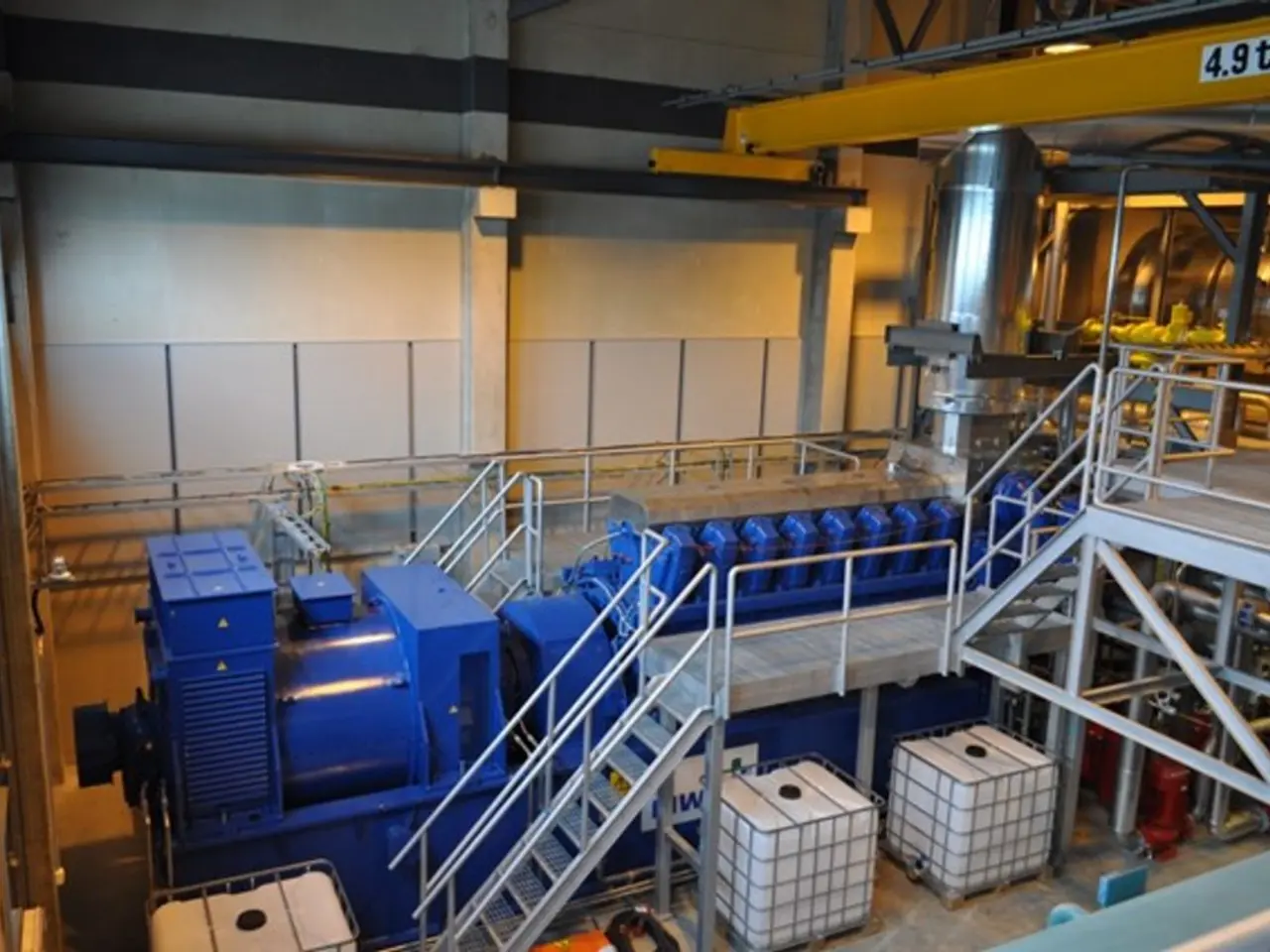Auto manufacturer Maruti Suzuki reaches 5,500 sales service touchpoints, handling maintenance for approximately 270 million vehicles during the fiscal year 2024-25.
Maruti Suzuki India, the country's leading passenger vehicle manufacturer, is aggressively scaling its service operations to meet the rising demand and enhance customer convenience. The expansion strategy, announced by Hisashi Takeuchi, Managing Director & CEO of Maruti Suzuki India, aims to maintain the company's leadership in after-sales service infrastructure.
In the financial year 2024-25, Maruti Suzuki serviced over 27 million vehicles, a record for the company. This year, the company is planning to significantly increase its service network by adding about 500 new service touchpoints in the financial year 2025-26 (FY26). This expansion includes a mix of traditional dealer workshops, rural servicing centres, mobile service units (service-on-wheels), and bodyshop-on-wheels formats.
As of March 31, 2025, Maruti Suzuki had 5,420 service centres, which grew from 4,960 at the end of FY24 and 4,560 at the end of FY23. During FY 2024-25, the company added 460 new service locations, averaging more than one new service touchpoint per day. The plan for FY26 includes establishing 500 new service touchpoints, with 91 already set up early in the year.
The growing service footprint of Maruti Suzuki, facilitated by dealer partnerships, aims to ensure consistent service quality at a reasonable cost for vehicle owners across India. The expansion strategy targets increasing accessibility in non-metro and rural markets to provide genuine and reliable service at convenient locations.
Takeuchi stated that easy and reliable service is a major consideration for Indian car buyers. He believes that the proximity and reliability of after-sales service can influence a customer's decision to purchase a vehicle. As car sales in Tier 2 and Tier 3 cities in India continue to increase, Maruti Suzuki believes that service network growth will play an increasingly critical role in brand retention and customer satisfaction.
In addition to this network expansion, Maruti Suzuki is fostering innovation in automotive technology and mobility by collaborating with government initiatives like DPIIT to support startups developing tech-driven solutions, which may enhance their service ecosystem further in the future.
With the expansion, Maruti Suzuki's service network now spans 2,764 cities across India, boasting around 40,000 service bays, capable of servicing up to 30 million vehicles annually. This large expansion aims to meet the growing demand for maintenance and after-sales services in India's expanding passenger vehicle sector.
Notable inaugurations of new service centres, such as the 5,500th centre in Udaipur, Rajasthan, mark ongoing network growth. The growth in service operations at Maruti Suzuki is a testament to the company's commitment to providing superior service to its customers across India.
The expansion strategy of Maruti Suzuki India, aiming to add about 500 new service touchpoints in FY26, includes a mix of traditional dealer workshops, mobile service units, rural servicing centres, and bodyshop-on-wheels formats, targeting increased accessibility in non-metro and rural markets.
As car sales in Tier 2 and Tier 3 cities in India continue to rise, Maruti Suzuki believes that service network growth will be increasingly critical for brand retention and customer satisfaction, not only in metropolitan areas but also in transportation hubs across the country, contributing to the economic growth and development of the automotive industry and the overall finance sector.




